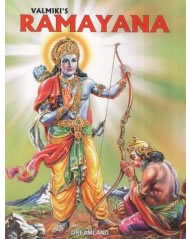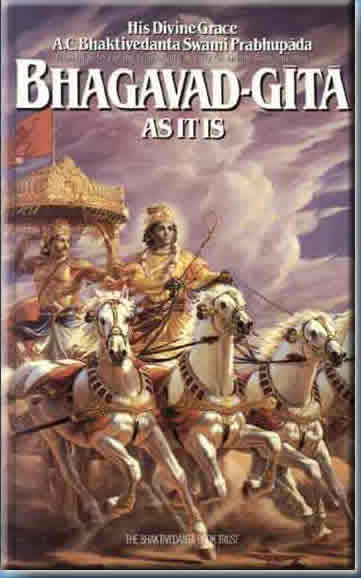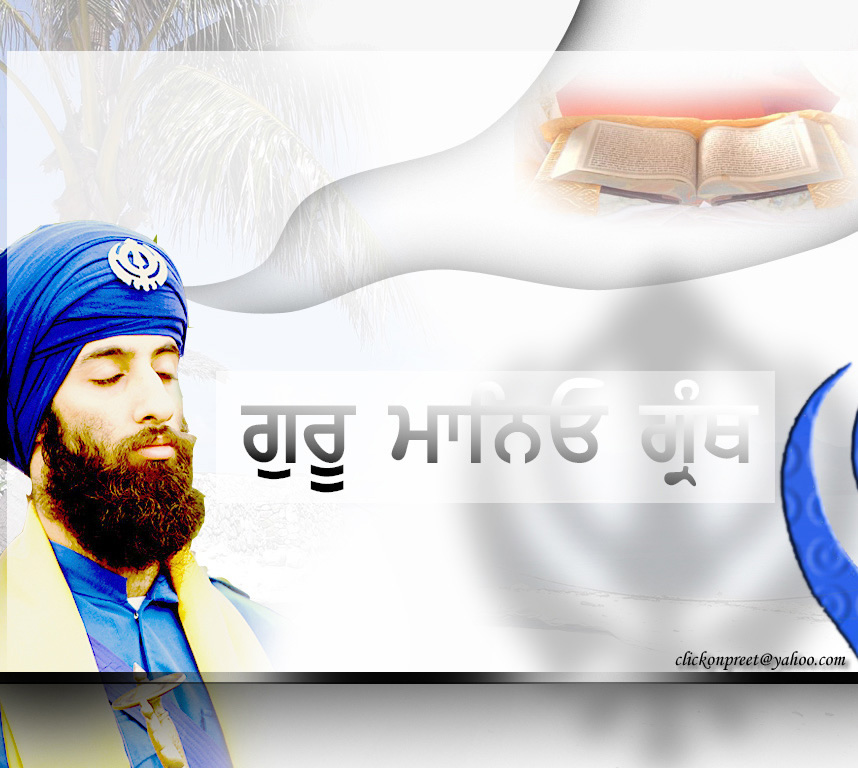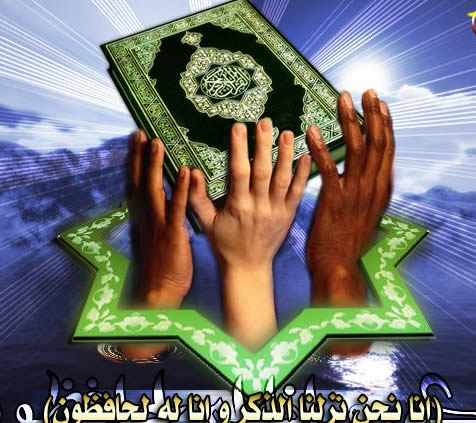| |
 |
|
|
|
|
|
|
| Granth |
 |
Srimad Valmiki Ramayana is an epic poem of India which narrates the journey of Virtue to annihilate vice. Sri Rama is the Hero and aayana His journey. We in India believe that Sri Rama lived in Treta Yug, millennia BC and we are presently concerned with what Srimad Valmiki Ramayana tells us, rather than when it was told.
This epic poem Ramayana is a smriti which is translated as "from memory". Given the antiquity of Srimad Valmiki Ramayana, there have been some interjected verses. Sometimes these verses can be contradicting. However, scholars, grammarians, historians have put lot of effort to standardize the original text, by verifying various manuscripts available from various parts of India, thus trying to stabilize and save the text from further contradictions. An example of this effort is the critical edition of Srimad Valmiki Ramayana. This site aims to study various versions of Srimad Valmiki Ramayana and arrive at a version of Ramayana that is most relevant to modern times.
Srimad Valmiki Ramayana is composed of verses called Sloka, in Sanskrit language, which is an ancient language from India and a complex meter called Anustup. These verses are grouped into individual chapters called Sargas, wherein a specific event or intent is told. These chapters or sargas are grouped into books called Kaandas where Kaanda means the inter-node stem of sugar cane, or also a particular phase of the story or an event in the course of story telling. |
 |
The discourse on the Bhagavad Gita begins before the start of the climactic battle at Kurukshetra. It begins with the Pandava prince Arjuna, as he becomes filled with doubt on the battlefield. Realizing that his enemies are his own relatives, beloved friends and revered teachers, he turns to his charioteer and guide, Krishna, for advice.
Krishna counsels Arjuna on the greater idea of dharma or universal harmony and duty. He begins with the tenet that the soul is eternal and immortal.[18] Any 'death' on the battlefield would involve only the shedding of the body, but the soul is permanent. Arjuna's hesitation stems from a lack of right understanding of the 'nature of things,' the privileging of the unreal over the real. His fear and reticence become impediments to the proper balancing of the universal dharmic order. Essentially, Arjuna wishes to abandon the battle, to abstain from action; Krishna warns, however, that without action, the cosmos would fall out of order and truth would be obscured. |
 |
Guru Granth Sahib, an encyclopaedia in song. Compendium of philosophy in verse. Treasury of the music of saints. Mystical light joined to the material form by the thread of Word (shabd). Chart for the pathways to the mountain peak of highest realisation. Bringing together on the tongue (bani) that which might have been divided at the tower of Babel. Guide to social reformation. Clarion call to equality of all classes, races, religions — long before the word 'secular' came in vogue. Coffer containing secrets of yogis, Sufis, saints of all paths and ages—locked to the blind, open to hearts filled with devotion. The venerable Guru, the Word rendered legible to the discerning: Guru Granth Sahib. Adi Granth, the First Book, not in chronological time but because it is a vehicle of the First Truths that dawn when the supplicant approaches the throne of the Timeless Person, Akal Purukh, and 'by His Grace all one's exterior openings close, 'one's self is beautified, the light shines, and all the lotuses of consciousness come into full bloom. |
 |
In the Name of God, the Merciful, the Compassionate
1 Praise belongs to God, the Lord of all Being,
the All-merciful, the All-compassionate,
the Master of the Day of Doom.
5 Thee only we serve; to Thee alone we pray for succour.
Guide us in the straight path, the path of those
whom Thou hast blessed, not of those against
whom Thou art wrathful, nor of those who are astray. |
 |
We have different gifts, according to the grace given to each of us. If your gift is prophesying, then prophesy in accordance with your faith; if it is serving, then serve; if it is teaching, then teach; if it is to encourage, then give encouragement; if it is giving, then give generously; if it is to lead, do it diligently; if it is to show mercy, do it cheerfully.
|
|
| |
|
|
| Copyright 2013 © Astroguru.tv , All Rights Reserved |
|
|
